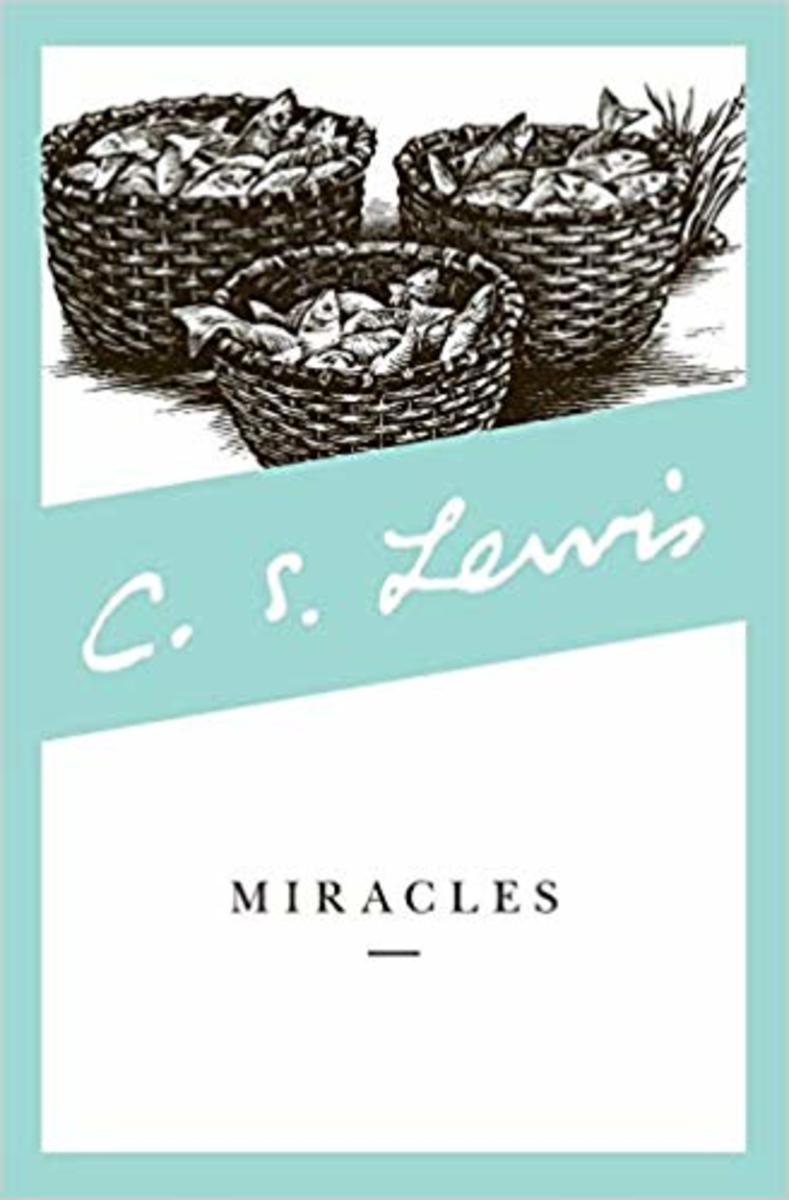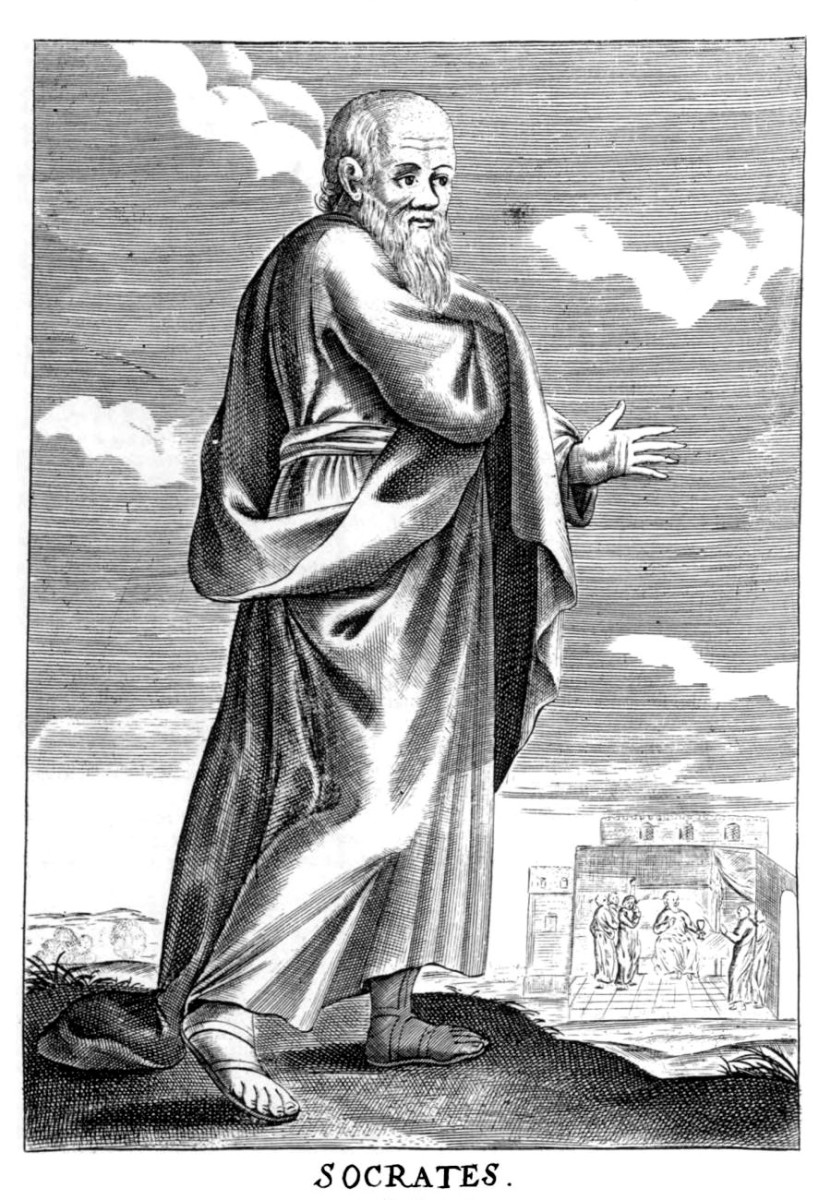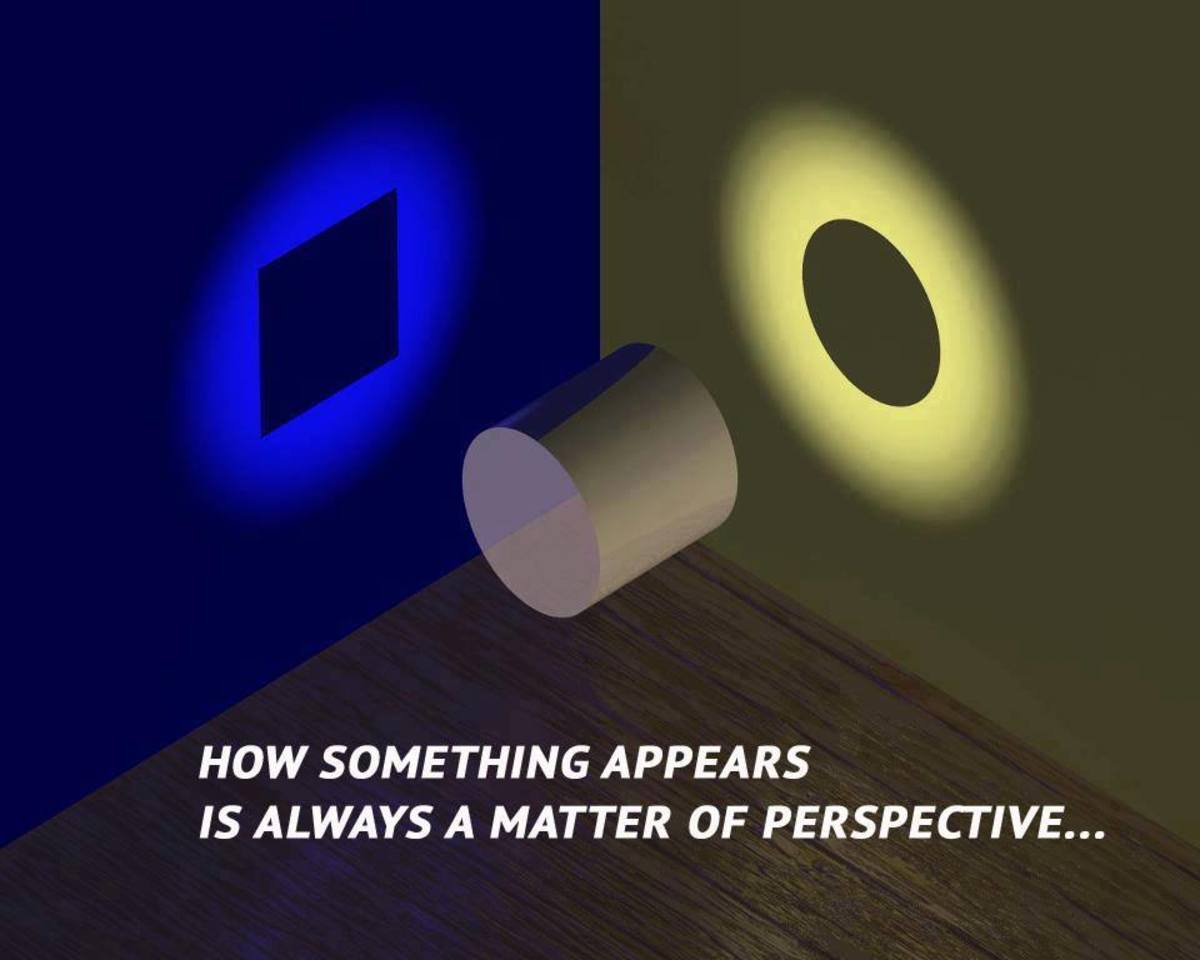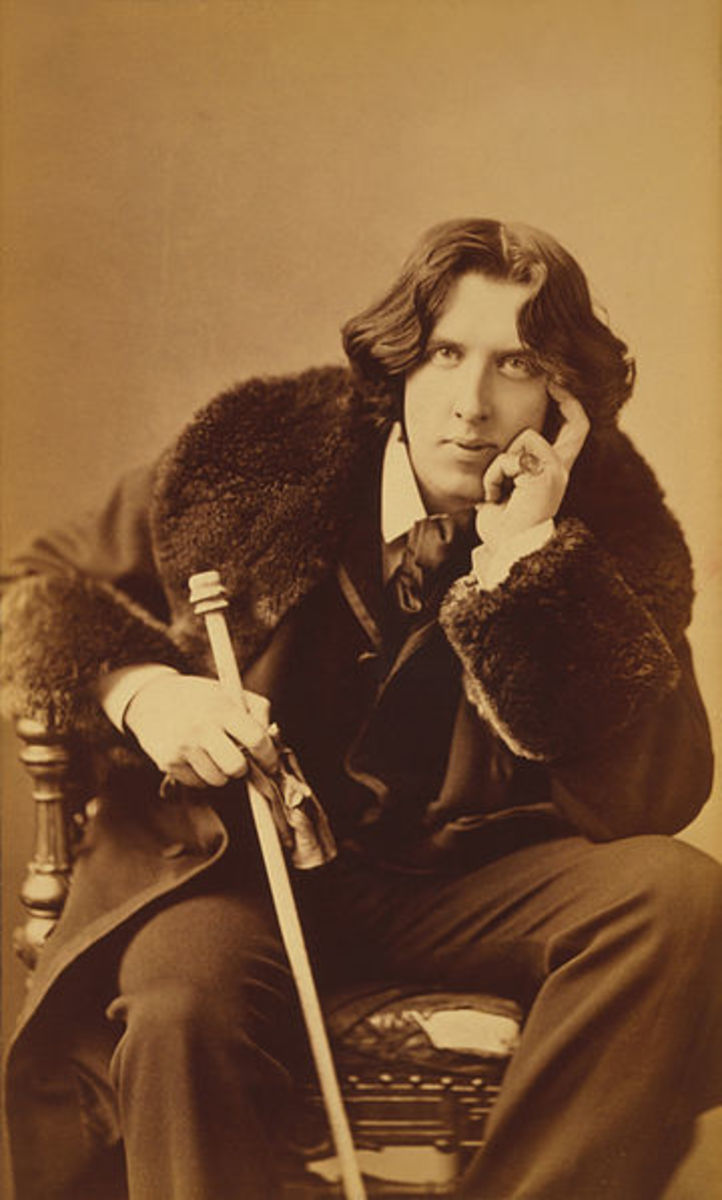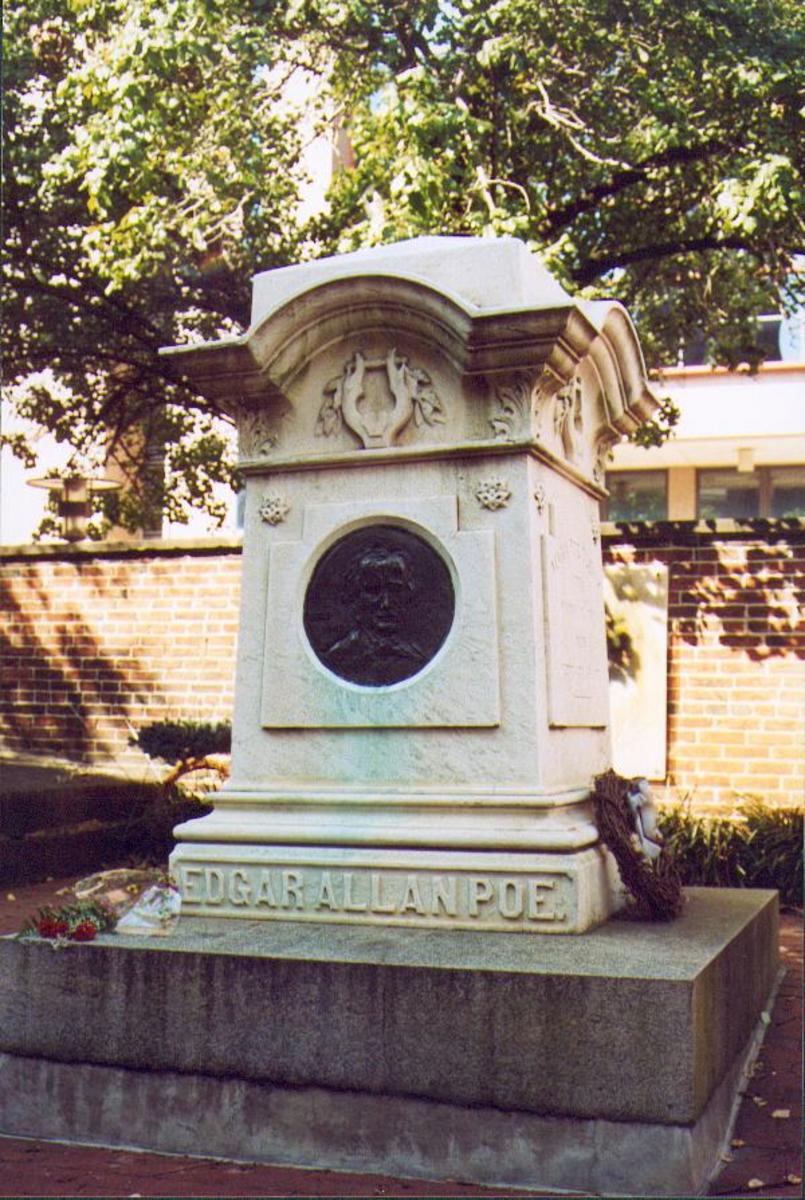- HubPages»
- Books, Literature, and Writing»
- Literature»
- Literary Criticism & Theory
An Analysis on Miracles: from C.S. Lewis’ Miracles
Introduction
The case against miracles is one of the most controversial and debated matters in three fields of experience – theology, science and philosophy. Several philosophers still contest its existence and validity but it is already noted that most of its substantial explanations should be found in theology, given that the basis for miracles is the belief in the supernatural. In this paper, I want to emphasize the contributions of someone who is little known as a philosopher but is actually one of the most brilliant thinkers, especially on the Philosophy of Religion.
Open Hands For A Miracle

Time For Miracles

C.S. Lewis, philosopher in his own right
I like to remember best the philosopher who said, “Good philosophy must exist, if for no other reason, because bad philosophy needs to be answered.” He is not a professional philosopher but rather more known as a writer and specialist of medieval and Renaissance literature. That philosopher is Clive Staples Lewis. I believe that he delivered the message right after the start of World War II about the need for good philosophy, due the aftereffects of the misinterpreted philosophy of Friedrich Nietzsche which served as the catalyst to Hitler’s tyranny against the Jews of Europe.And indeed, Lewis has contributed very well in providing good philosophy. Even though he did not write always specifically in the style that philosophers use, he was a great lover of wisdom and many of his writings, both fiction and nonfiction, showed his thoughts about several philosophical issues. They address three key areas of philosophy: metaphysics, epistemology, and ethics. Most of his writings, especially The Abolition of Man, Miracles, The Problem of Pain, Mere Christianity, and the Chronicles of Narnia, shed great philosophical insights related to truth, goodness, and beauty.
C.S. Lewis particularly addressed concern for the ongoing debate about miracles when he wrote the book, Miracles. The main point that he showed in the book was the question of proving the validity of experiencing miracles, given the fact that experience is subjective. As such, Lewis shows philosophically his case for believing in both the possibility and the actuality of divine intervention in the world.
On Miracles
Miracles are logically based upon the concept that God exist as the Author of Nature. The case against miracles can be summed to two different arguments – 1) the Character of God excludes them; or 2) Nature excludes them. As such, the analysis in this is that the case against miracles stands in the middle of two different fields - religion and science. Religion is where the existence of miracles is explained by the belief of the existence and nature of the supernatural or a Higher and Ultimately Divine Being. Science tries to disprove the existence of miracles by arguing that the ordinary course of Nature refutes their presence.
The Parting of the Red Sea

Creation and Miracles - The Final Edition
From C.S. Lewis’ Miracles, the seventh Chapter named “A Chapter of Red Herrings”
From C.S. Lewis’ Miracles, the seventh Chapter named “A Chapter of Red Herrings” explains how the argument about Nature excluding the existence of miracles has been of many forms yet are all essentially mere misconceptions or in C.S. Lewis’ perspective, Red Herrings that merely serve to confuse and never to really clear out the matter.
The first Red Herring is the argument of people’s belief in miracles due to their lack of knowledge - or in C.S. Lewis’ blatant frankness – ignorance in the laws of Nature. However, as C.S. Lewis delves deeper in this argument, he provides that there is a norm wherein Nature works. The believers of miracles do not deny that such a norm exists – only that such a rule or norm can be suspended in the case of miracles where it serves as an exception to the standard rules of procedure. Given that people know the rules by which Nature follows, it is the most justified thing to do these two things first about the case against miracles:
1) discover whether such a thing is possible; and
2) if possible, what is the probability of such an occurrence?
Jesus' Miracle - Raising Lazarus

Incredible Miracles That Science Cannot Explain
The argument of using the assumed ignorance of the ancient people in their belief for miracles is thus not valid, as proven by the story of the Virgin Birth. Before St. Joseph decided to think of it as a miracle, he first though of repudiating Mary due to the knowledge that any medical expert – ancient and modern – knows: “No woman, in the ordinary course of Nature, can be pregnant without having sexual relations with a man”.
Believing in miracles is impossible without knowing the rules of Nature. For instance, a miraculous healing can only be proven after a thorough examination and rigorous analysis of a highly professional medical expert who knows everything about the disease, especially when it is at a state uncured by any scientific medication. It is foolish to say that only ignorant people can believe in miracles when the only way to prove the impossible (miracles) is to know all possibilities of Nature.
Christmas stamp of the Nativity, the Miracle of the Virgin Birth

Vatican studies miracle by Mary Mackillop
Belief in miracles
Belief in miracles has stood the test of time and relativism because they are known and seen as the exceptions to the rules of Nature. Even though science has progressed greatly through time, it has not still properly refute the existence of miracles. Why is this so? C.S. Lewis first has us examine the case of mythology and legends. They were used by ancient people to explain natural events, such as mermaids causing ships to sink. Progress of science has seen better and more credible explanations to nature and thus have rightly “removed” them from the natural course of events. But talking about miracles is a different thing altogether. When a thing that professes from the outset to be a unique invasion of Nature by something from the outside, increasing knowledge of nature can never make it either more or less credible than it was at the beginning. Although they are known to be contrary to Nature, people still know that they happen because they are beyond Nature. Basis for belief in miracles is the same today as it has always been in history – one’s faith and belief in the supernatural power of an Ultimately Divine Being.
Vatican Exhibit of Eucharistic Miracles
C.S. Lewis also provided insight on the argument of the significance of the Earth in the case against miracles. He said that it was a misconception to conclude that because the world we live in is only a small part of the vast universe, it is already foolish to believe that the Creator will really be concerned for our salvation.
“Why… should He create one speck and leave the rest of space to nonentity?”
As I tried to sense the reason why Lewis posed this question, I realized how different man’s understanding is to God’s. We are finite beings, naturally finding ourselves dwarfed by by reality. As such, it is worthy to note that time and space are much smaller matters to God. If we continue to immerse ourselves with thinking about the value of things relative to their sizes, we will lose the true essence of our existence. Yes we do not know about the way God redeems and communicates with the other creatures in the universe but we should always know that God’s redemption is not because of what we are, but of who He is. Jesus Christ died for humanity because he is intrinsically love - He sacrificed Himself as the purest act of love.
C.S. Lewis - Christian Apologist
The atheist’s argument from size is ridiculous in itself because it cannot be well-reasoned due to emotion being its main inspiration, rather than clear logical reasoning. According to C.S. Lewis, “If the vastness of Nature ever threatens to overcrow its spirits, we should just remember that it is only Nature spiritualized by human imagination which does so.” It is fine to be awed by the marvel of the complexities of reality but not to be overwhelmed by it as to affect the way we see our significance entirely.
C.S. Lewis on Religion & Science
To sum it all up
To sum it all up, C.S. Lewis argues in defense of the existence of miracles in two arguments:
1) Rather depending on the ignorance of the laws of nature, miracles require adequate knowledge in the possibilities in the natural course of events for them to be proven.
2) Significance of things should not be dependent on size: God is the executor of miracles here on Earth because He is intrinsically Love.
Conclusion
Given all these arguments C.S. Lewis stated for the justification of miracles, I agree that miracles are exclusions from Nature because they are unexpected solutions to problems (i.e. a miraculous healing for a gravely incurable illness). Miracles are possible because they are executed by an Ultimately Divine Being. The only way to prove the truth and validity of their existence is to know all the possibilities in the natural course of events. As such, the Church conducts thorough investigations on claims about miraculous events (i.e. the wonders wrought by the Blessed Virgin Mary in the Grotto of Lourdes) to ensure that all of them are truly brought about by divine intervention. All the more, I agree that arguing about the significance of things based on their size is plain ridiculous. Arguing against miracles on the basis of our lesser significance to the Creator compared to the whole universe is really illogical. Focusing on the nature of God, I believe that God provides us miracles (for our spiritual salvation) not because of what we are, but because of what He is (intrinsically love).

